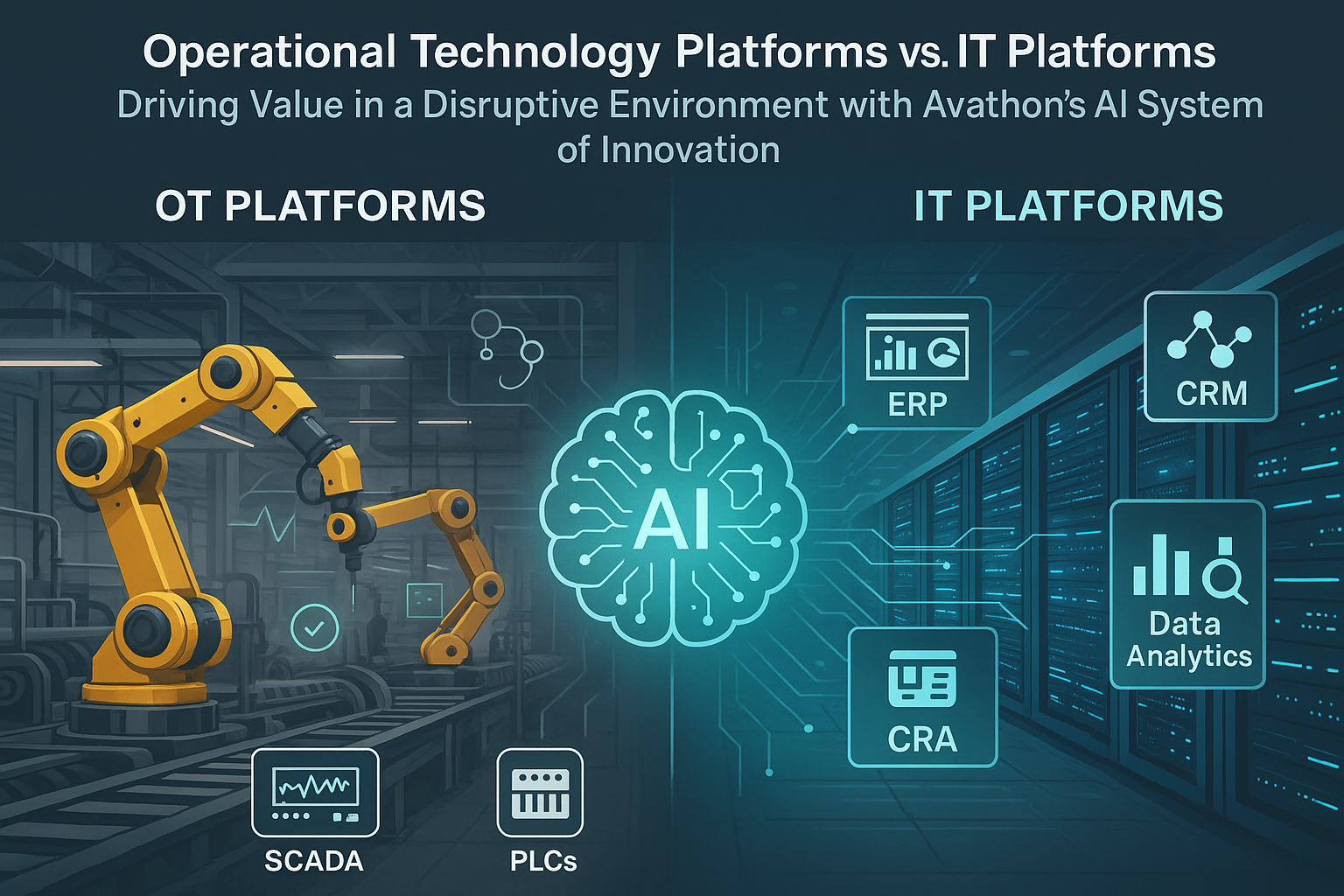Responding to recent announcements of impending changes to international trade regulations and tariffs, companies have, as described in a Forbes article, announced a variety of reactive approaches, including seeking alternative manufacturing sources, stockpiling inventory, and diversifying their supply chains. However, none of these tactics can happen quickly and they all come with associated costs, e.g., the tying up of operating cash that’s required to stockpile unneeded inventory.
A recent McKinsey & Company report described in stark detail the vulnerabilities that await supply chain managers who are unprepared for the coming wave of tariff changes and other related international trade regulations.
“Once companies experience a supply chain disruption, it takes them an average of two weeks to plan and execute a response.”
But tariffs don’t have to be a pain point for international shippers. If global corporations are ready, skillfully navigating a tariff-rich environment can indeed become a competitive advantage. But compliance and risk management are huge challenges in a shifting tariff environment, so shippers need to be prepared to modify their internal processes on short notice. Artificial intelligence (AI) already provides the tools to make this transition a less painful one.
AI automates trade processes faster than people
As we saw in the logistics world during the pandemic, supply chain strife creates winners and
losers. Tariff anxieties are already impacting the market, forcing a preemptive influx of imports to the U.S. just as the threat of a January strike by the International Longshoremen’s Association is causing increased panic. According to the U.S. Chamber of Commerce, each day of a strike could result in up to a week of economic disruption. Economists assess that a similar disruption in 2002 cost the economy more than $1Bn/day, subsequently requiring six months for the economy to fully recover.
But manufacturers/shippers can prepare themselves for all this supply chain turmoil by using AI to strengthen their tariff compliance and risk management operations.
Shippers that don’t tap into AI to optimize trade compliance, customs brokerage, and workforce management will be left behind once new tariffs are implemented. By automating compliance checks, duty calculations, and workforce forecasting, AI technology helps businesses reduce operational bottlenecks, avoid penalties, and ensure timely shipment deliveries. The best AI platforms provide centralized data repositories, real-time dashboards, and advanced data visualization, enabling informed decision-making and seamless integration with customs and regulatory databases.
Any AI-powered tools tailored to the unique needs of shippers must meet complex operational needs, governmental regulations, and strategic initiatives aimed at transforming trade compliance processes, optimizing duty management, and improving workforce planning.
Streamline compliance with ever-changing regulations and documentation requirements
AI can help in numerous ways, both on the process side and also on regulatory compliance.
Compliance and risk management – Real-time compliance and regulatory intelligence is enhanced by technology like Natural Language Processing (NLP), which reads and interprets rapidly-evolving technical documentation far faster than humans can. NLP can then also evaluate current company policy and process documentation to look for cases of noncompliance that could prove costly for the company.
HTS classification compliance – AI-powered solutions can deliver up to 99.5% accuracy in Harmonized Tariff Schedule (HTS) classification compliance, eliminating unnecessary rework and potential penalties. In addition, significant labor savings can be realized by reducing by up to 70% manual classification, particularly for manufacturers whose product lines vary widely.
Increase trade-related corporate agility – Between administration policy changes and the inevitable congressional pushback that attends such changes, things will evolve drastically and quickly throughout the coming 24 months. To succeed in this environment, companies need the ability to navigate complex policies and rapidly shifting trade rules. AI delivers that agility, potentially reducing duty and tax processing costs by up to 30%.
Quicker new customer onboarding – New international customers come with a host of regulatory and operational challenges. By implementing AI-powered systems that understand in real time the fast-moving trade/tariff landscape, exporters can accelerate custom onboarding by up to 80% and expand their businesses rapidly while also staying in compliance with evolving regulations.
Avathon’s Industrial AI platform empowers companies with technology that proactively manages compliance, providing intelligent, real-time regulatory insights. Importers also benefit from an enriched database for premium analytics and collaboration with customers. Before the tariffs begin, set up a call to learn more about Avathon’s AI-fueled compliance and risk management capabilities.
To learn more about how Avathon’s AI solutions can improve your trade compliance practices and better prepare you for the coming tariff system shake-up, visit our site.




